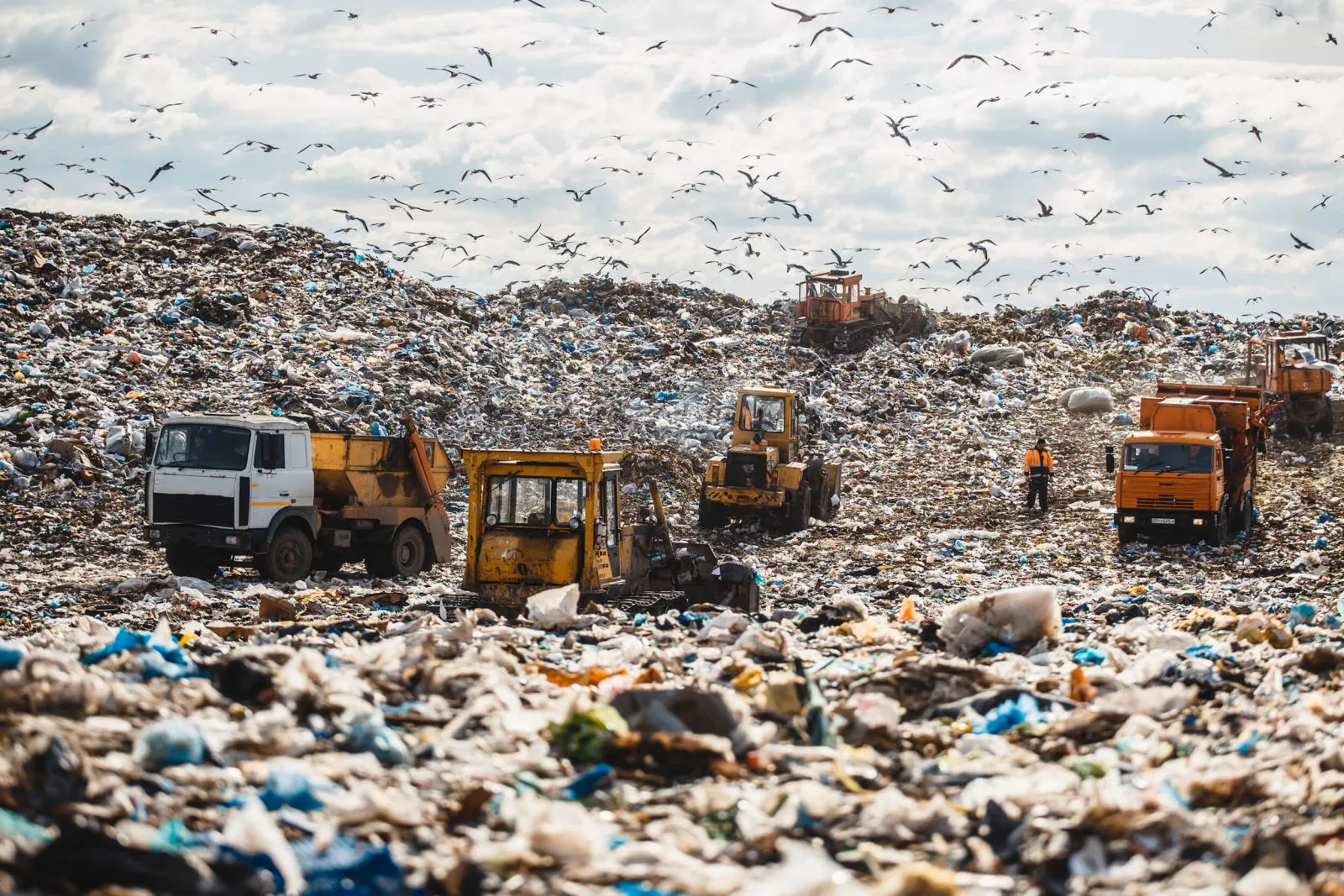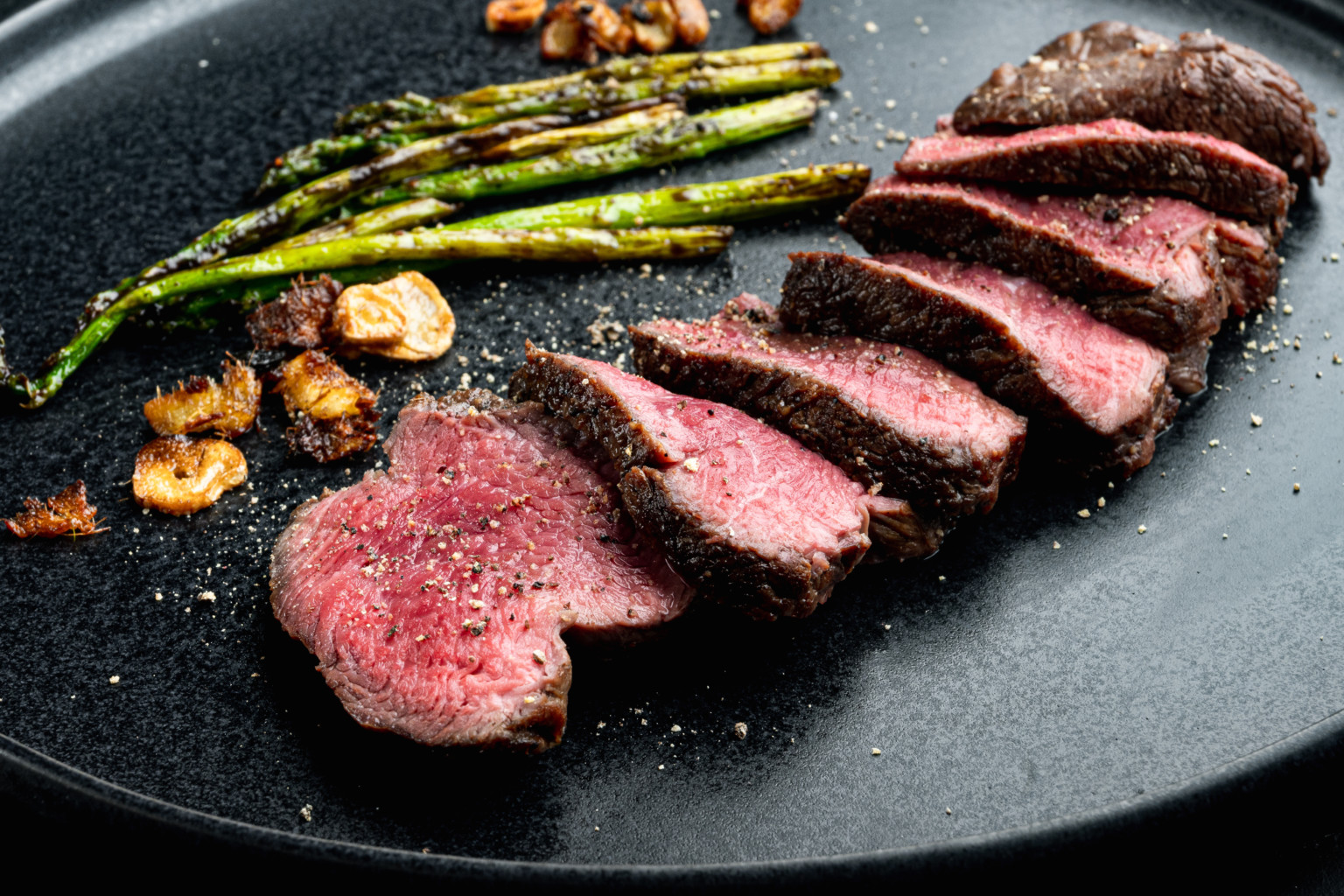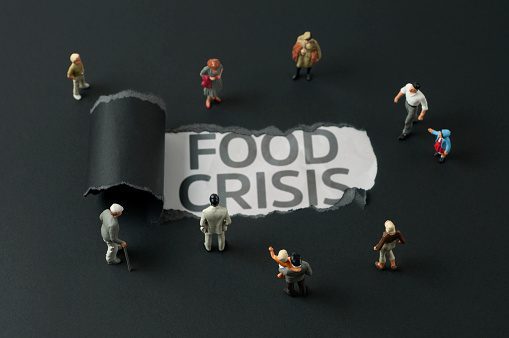Agricultural emissions would fall by almost a third. But getting there wouldn’t be easy.
Cows are often described as climate-change criminals because of how much planet-warming methane they burp. But there’s another problem with livestock farming that’s even worse for the climate and easier to overlook: To feed the world’s growing appetite for meat, corporations and ranchers are chopping down more forests and trampling more carbon-sequestering grasslands to make room for pastures and fields of hay.
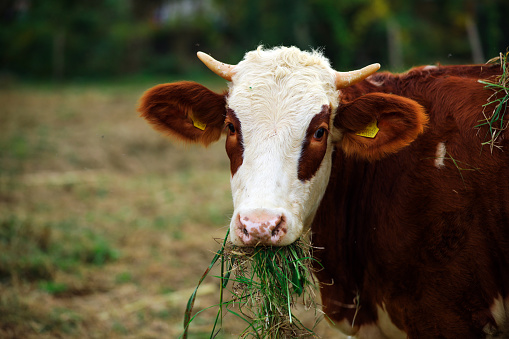
Ruminants, like cattle, sheep, and goats, need space to graze, and animal feed needs space to grow. The greenhouse gases unleashed by this deforestation and land degradation mean food systems account for one-third of the world’s human-generated climate pollution.
Environmental advocates have long argued that there’s a straightforward solution to this mess: Eat less meat. Convincing more people to become vegetarians is a very effective way to limit emissions. Getting rid of meat is one question; replacing it is another. A paper published on Tuesday seeks to address both, finding that giving up meat in favor of meat-like plant products would yield significant benefits for the climate, biodiversity, and even food security in coming decades.
Swapping 50 percent of the world’s beef, chicken, pork, and milk consumption with plant-based alternatives by mid-century could effectively halt the ecological destruction associated with farming, particularly in Sub-Saharan Africa, China, and Southeast Asia, according to the study in Nature Communications. Such a dietary shift could also lead to a 31 percent reduction in agricultural greenhouse gas emissions by 2050, the study found. That’s the equivalent of not burning 1.8 trillion pounds of coal each year between 2020 and 2050.
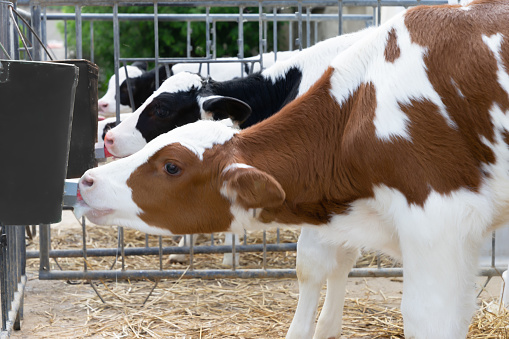
Climate policies and investment focus heavily on fossil fuels and the energy sector, but slashing agricultural emissions is also crucial to keeping planetary warming below catastrophic levels, said Lini Wollenberg, the study’s co-author.
** Click here to read the full-text **





